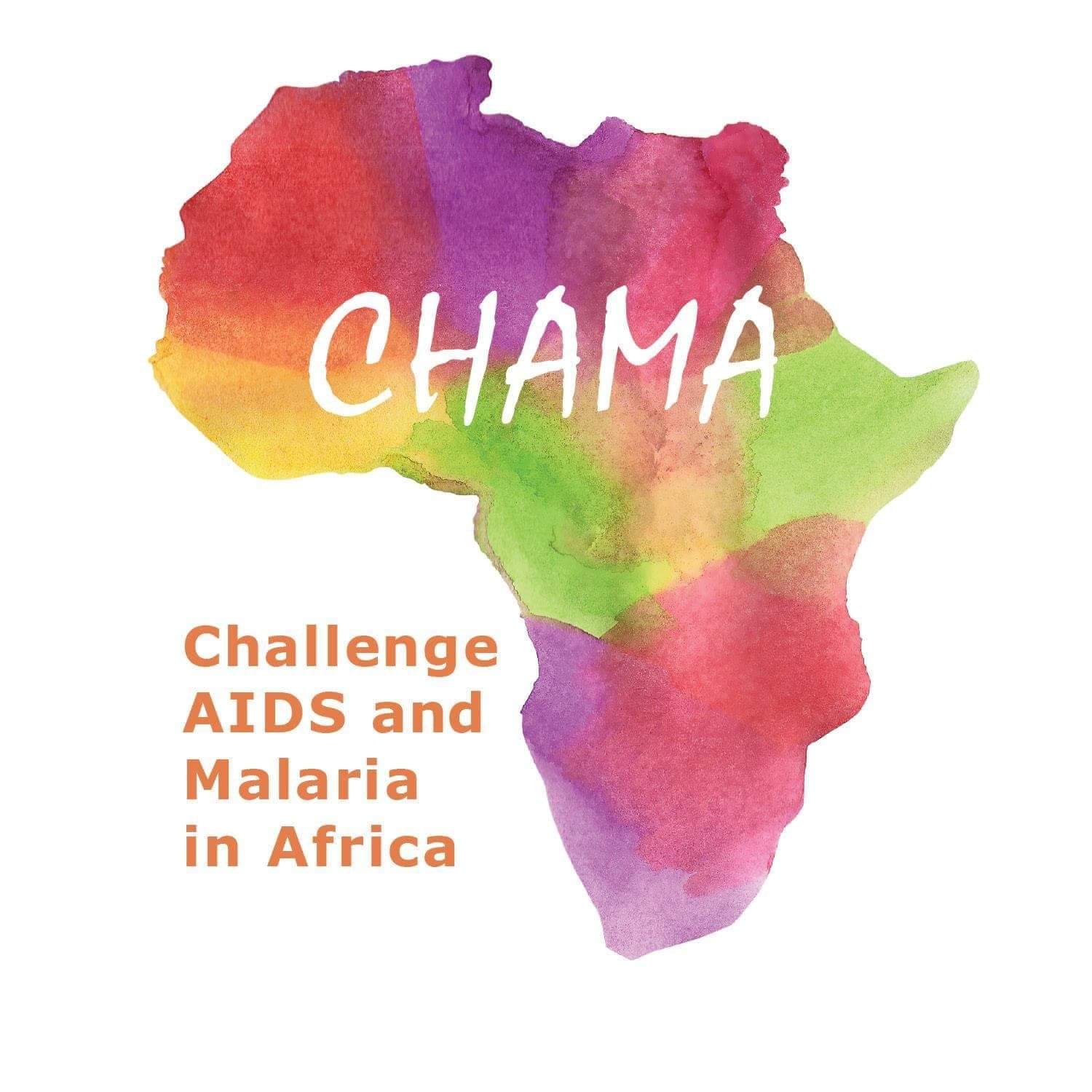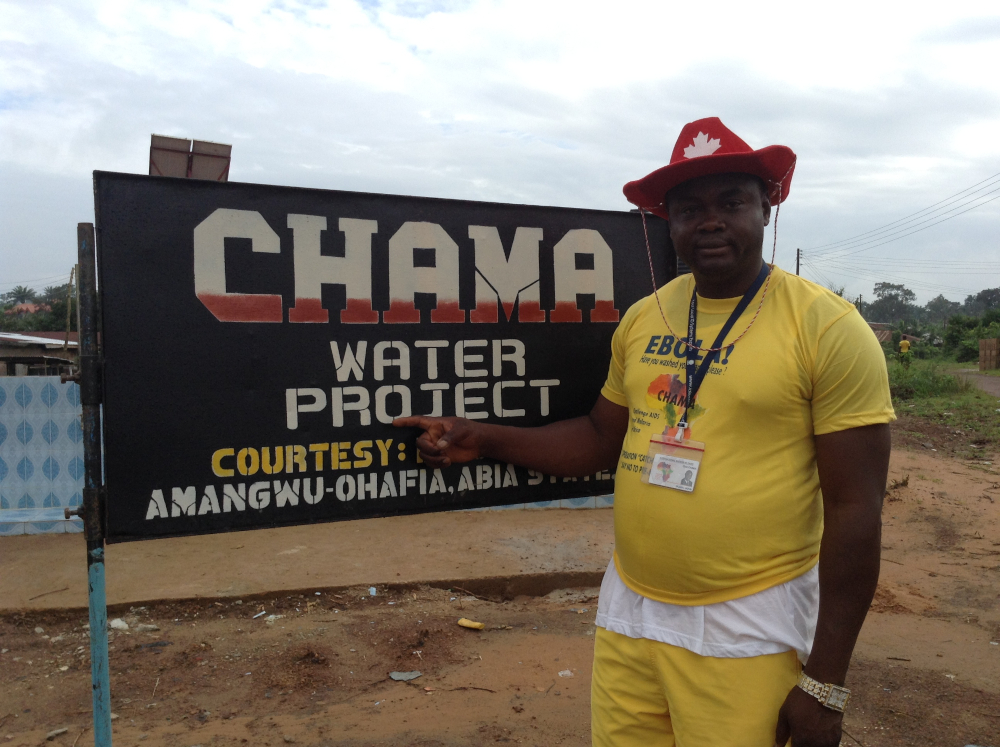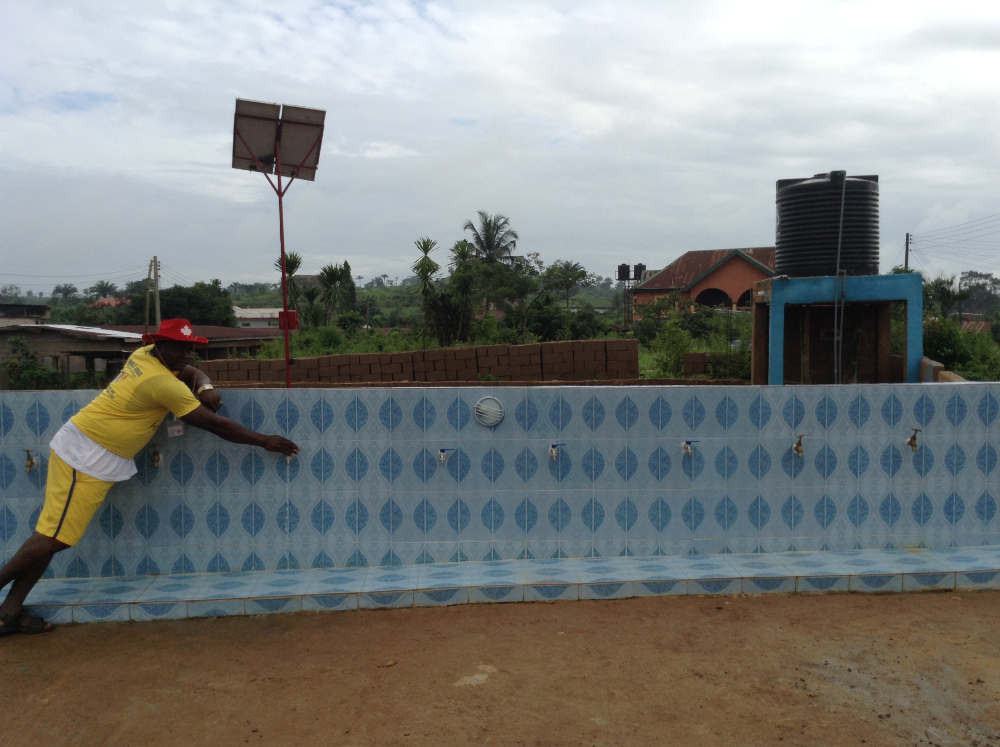Drinking water is essential to life, but unfortunately it can also be a source of contaminants and illness both in western societies and Africa. While in Africa, over 85% of children under the age of 5 die from diseases related to poor water intake, in Canada (Nova Scotia), groundwater contain high amounts of arsenic and uranium and other natural contaminants that have been linked to some cancers (Waterlocker Inc). CHAMA builds wells in Africa and provide education on the dangers and health risks associated with unsafe water drinking in Africa and Canada.
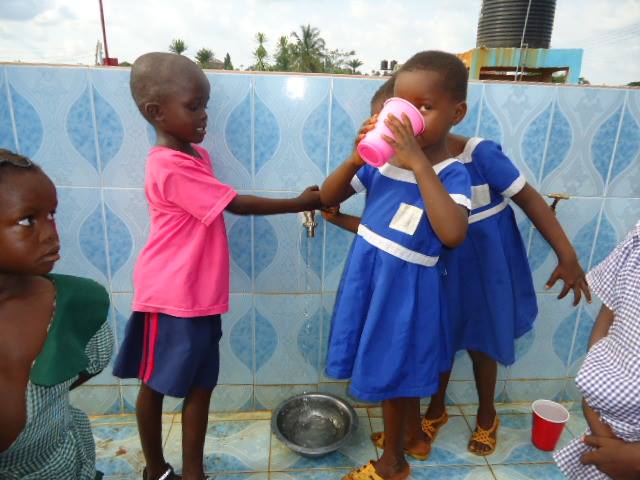
AFRICAN WATER CRISIS
“3.4 Million people die each year from a water related disease. That is almost the entire city of Los Angeles” (Boldly written on the slide?)
FACTS:
• 345 Millions are without water access in Africa, Water.Org. 2014.
• 3.4 Million people die each year from a water related disease. That is almost the entire city of Los Angeles, Water.Org. 2014.
• 780 Million lack access to clean water – That’s more than half times the United States population, Water.Org, 2014.
• Lack of access to clean water and sanitation kills children at a rate equivalent of a jumbo jet crashing every four hours (UNICEF, 2009)
• 780 million people lack access to an improved water source; approximately one in nine people. WHO/UNICEF Joint Monitoring Programme (JMP) for Water Supply and Sanitation, (2012)
• "[The water and sanitation] crisis claims more lives through disease than any war claims through guns." United Nations Development Programme (UNDP). (2006).
• An American taking a five-minute shower uses more water than the average person in a developing country slum uses for an entire day, United Nations Development Programme (UNDP). (2006).
CHILDREN AND WATER CRSIS
(Pictures of children carrying water)?
• Every minute at least one child dies from a water-related illness, water.org., 2014
• Surveys from 45 developing countries show that women and children bear the primary responsibility for water collection in the majority of households. This is time not spent working at an income-generating job, caring for family members, or attending school, UNICEF, WHO 2009
• 443 million school days are lost each year due to water-related illness, United Nations Development Programme (UNDP, 2006).
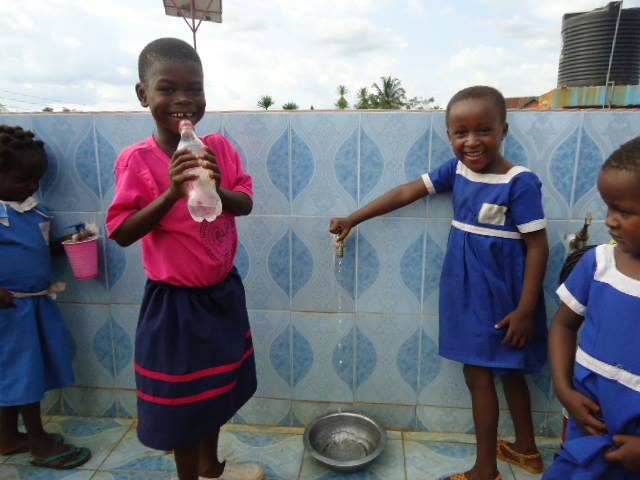
WOMEN, GRILS AND WATER CRISIS
Woman picture carrying water?
A girl picture carrying water?
• Just in one day, women’s 200 million work hours are consumed by women collecting water for their families.
• This hours alone is equivalent to building 28 empire state buildings each day, water.org, 2014.
• An estimated 200 million hours are spent each day globally collecting water, WHO/UNICEF Joint Monitoring Programme (JMP) for Water Supply and Sanitation. (2010)
• Structural inequalities aside, millions of women are prohibited from accomplishing little more than survival. Not because of a lack of ambition, or ability, but because of a lack of safe water and adequate sanitation. Millions of women and children in the developing world spend untold hours daily, collecting water from distant, often polluted sources, then return to their villages carrying their filled 40 pound jerry cans on their backs, (water.org, 2014.
• Surveys from 45 developing countries show that women and children bear the primary responsibility for water collection in the vast majority of households (76%). This is time not spent working at an income-generating job, caring for family members, or attending school. WHO/UNICEF Joint Monitoring Programme (JMP) for Water Supply and Sanitation. (2010).
• In just one day, it is estimated that more than 152 million hours of women and girls' time is consumed for the most basic of human needs — collecting water for domestic use, WHO/UNICEF Joint Monitoring Programme (JMP) for Water Supply and Sanitation. (2010).
• The lost productivity of people collecting water is greater than the combined number of hours worked in a week by employees at Wal-Mart, United Parcel Service, McDonald's, IBM, Target, and Kroger, (Gary White, co-founder of Water.org.)
Donate today to support CHAMA’s African water project.
WATERCRISI IN CANADA (NOVA SCOTIA)
Over the past year, the Ecology Action Centre made three shocking discoveries about Nova Scotia drinking water.
• Our rocks and groundwater contain high amounts of arsenic and uranium and other natural contaminants.
• These contaminants are linked to certain kinds of cancers.
• Nova Scotia has a very high rate of many of these kinds of cancers.
• In Nova Scotia, the majority of well owners do not test their well water unless there is a strong taste, odor or colour, however some contaminants like arsenic are invisible to our senses. Natural contaminants in our drinking water must be addressed by shifting our own understanding and changing our behaviour.
In Canada, CHAMA in partnership with local water companies has mapped out for itself with the goal of leading the way towards a more effective educational approach through workshops and seminars on the dangers and health risks associated with unsafe water drinking. Outbreaks of water borne diseases are becoming a common occurrence and have affected entire city populations, leading to serious health complications and even fatalities.
Although as a consequence many people have resorted to acquiring their own potable drinking water through commercial sources; typically in the form of bottled water. However, whether the bottled water is purchased in a personal sized container or in a five gallon jug, there are numerous drawbacks associated.
Excessive use of personal sized water bottles can become expensive, not to mention the tremendous burden on the environment and the long term impact of this waste accumulation is unknown. As well the actual quality and safety of the product itself can be doubtful.
Support CHAMA’s education and awareness campaign in Canada.
